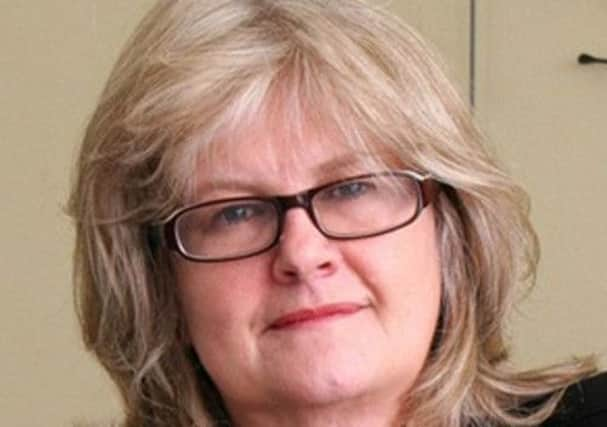Slight fall in baby deaths ‘not good enough’


According to figures released yesterday by the Office for National Statistics (ONS), 244 babies died in an “unexplained way” in England and Wales in 2011, down just 17 on the previous year.
However, sudden infant death syndrome (SIDS) rates have dropped more dramatically since 2004, when there were 317 unexplained deaths.
Advertisement
Hide AdAdvertisement
Hide AdPapers released by the ONS said: “The fall from 0.36 to 0.34 deaths per 1,000 live births between 2010 and 2011 is not a significant change.
“However, the fall from 0.50 deaths per 1,000 live births in 2004 to 0.34 in 2011 is a significant change.”
The drop in SIDS rates, however, has still been described as “not good enough” by charity The Lullaby Trust.
Chief executive of the charity, Francine Bates, said yesterday: “We are extremely disappointed to see such a small, statistically insignificant reduction in the number of SIDS deaths.
“It’s just not good enough.
Advertisement
Hide AdAdvertisement
Hide Ad“We continue to compare poorly with other countries in Europe who have managed to reduce their deaths more significantly.
“Five babies still die suddenly and unexpectedly every week in the UK.”
She added: “In 2010, the Government scrapped the universal sudden infant death leaflet given to every new parent, which meant we had to replace it with our own resources.”
Ms Bates said public health authorities needed to do more to encourage safer sleeping.
Advertisement
Hide AdAdvertisement
Hide AdShe said: “The Lullaby Trust has pledged to halve the numbers of babies dying suddenly and unexpectedly by 2020, but we simply can’t achieve this on our own.
“We call on the Department of Health to put resources behind a clear strategy to reduce infant mortality, and leaders of public health to deliver local safer sleep campaigns which will ensure that every family knows how to keep their babies safe while they are sleeping.”
In the UK, parents of new babies are usually advised to put their babies to sleep on their backs, in their own crib or Moses basket, in the same room as their parents.
SIDS used to be more commonly referred to as cot death, although this name dropped out of favour as it suggested that the deaths only affected babies sleeping in cots, rather than those sleeping in their parents’ bed or on sofas.
Advertisement
Hide AdAdvertisement
Hide AdThe new figures show that 80 per cent of babies affected by SIDS die before their first birthday, with the peak time for such deaths being between one and two months old.
“For boys, 23 per cent of all unexplained infant deaths occurred in this age group”, it says. “The comparable figure for girls was 26 per cent.”
Over the period 2004 to 2011 there were 2,275 unexplained infant deaths, 28 per cent of which occurred during winter compared with 21 per cent during summer.
December had the highest number of deaths, while August had the lowest.
Advertisement
Hide AdAdvertisement
Hide AdThe report explains: “Two risk factors for unexplained infant death are overheating and an unsafe sleeping environment, such as the baby’s head being covered.
“These situations may be more likely to occur during winter, through the use of extra clothing or blankets and central heating at night.”
SIDS is more common in boys than girls, with 64 per cent of 2011 deaths being in boys.
Babies are much more likely to die when parents are unmarried, the figures show, and where only the mother registers the death.
Advertisement
Hide AdAdvertisement
Hide AdThere were “no significant differences” by UK region, the figures say, although the highest rates were found to be in the North West and Wales.
The report says: “Risk factors for unexplained infant death include the sex of the baby, birthweight, maternal age,marital status and socio-economic classification.
“Other risk factors include sleeping position, unsafe sleep environments including bed-sharing, not breastfeeding, temperature and exposure to tobacco smoke.”